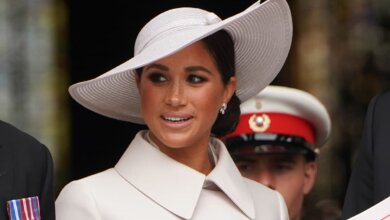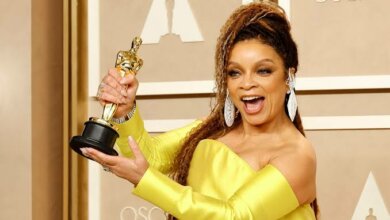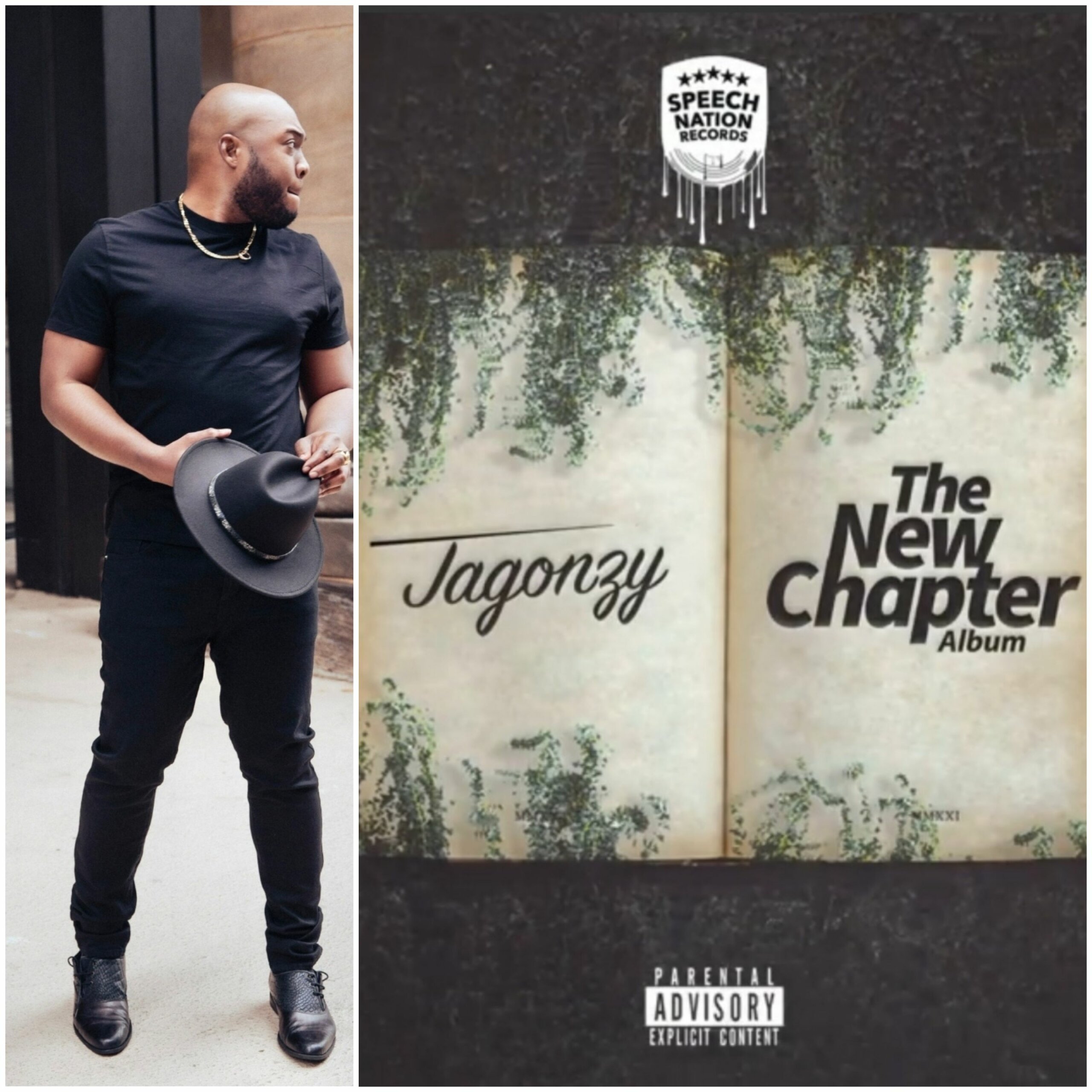The globe joins South Africa to celebrate 7th edition of Mandela Day in 2015
Nelson Mandela International Day was launched in recognition of Nelson Mandela’s birthday on 18 July, 2009 via unanimous decision of the UN General Assembly.
It was inspired by a call Nelson Mandela made a year earlier, for the next generation to take on the burden of leadership in addressing the world’s social injustices when he said that “it is in your hands now”.
It is more than a celebration of Madiba’s life and legacy. It is a global movement to honour his life’s work and act to change the world for the better.
According to Wikipedia, Nelson Rolihlahla Mandela, born 18 July 1918 – 5 December 2013 was a South African anti-apartheid revolutionary, politician and philanthropist who served as President of South Africa from 1994 to 1999. He was South Africa’s first black chief executive, and the first elected in a fully representative democratic election.
His government focused on dismantling the legacy of apartheid through tackling institutionalised racism, poverty and inequality, and fostering racial reconciliation. Politically an African nationalist and democratic socialist, he served asPresident of the African National Congress (ANC) party from 1991 to 1997. Internationally, Mandela was Secretary General of the Non-Aligned Movement from the years 1998 to 1999.
Below are some more interesting facts about Nelson Mandela as the world celebrates the 7th edition of the Nelson Mandela Day on July 18, 2015:
* Mandela was expelled from the University College of Forte Hare, where he was completing a Bachelor of Fine Arts, for joining in a protest (a boycott against university policies) alongside his friend, Oliver Tambo.
* Mandela chose to flee from his guardian, Jongintaba Dalindyebo (King of the Great Place at Mqhekezweni), to Johannesburg in 1991, where he became a night mine security officer, rather than stay at home pending an arranged marriage.
* Days before Mandela’s acquittal from the Treason Trial, he was planning a national strike against South Africa becoming a republic to coincide with his release on March 29-31, 1961. This, however, was called off early due to a massive mobilisation of state security.
* Using a fake ID in the name of David Motsamayi, Mandela travelled around Africa to gain military support for the Spear of the Nation in Ethiopia and to receive guerrilla training in Algeria and Morocco. He also travelled to London to visit his friend, Oliver Tambo, who had been exiled there.
* During the Rivania Trial for sabotage, Mandela’s famous ‘Speech from the Dock’ may have saved the lives of his colleagues and himself, as they were facing the possibility of the death sentence for their crimes. They, however, were sentenced to life in prison at Robben Island, except for Denis Goldberg, who was sent to the Pretoria Prison because he was white.
* Mandela spent 27 years in prison, with the latter years spent at Pollsmoor Prison in Cape Town, until it was discovered that he had tuberculosis on August 12, 1988. Afterwards, he spent the remaining 14 months of his imprisonment at Victor Verster Prison near Paarl.
* Oliver Tambo started a ‘Free Nelson Mandela’ campaign in 1980, which fuelled the international recognition of South Africa’s racist regime, and stirred the South African Government to offer Nelson Mandela conditional release for political compromises. Nelson Mandela, however, turned down these offers, because he wouldn’t compromise his beliefs.
* Mandela was elected leader of the African National Congress (ANC) which’s youth league he had helped found, taking over from the ailing Oliver Tambo. He then used his role to hold negotiations for the end of apartheid and the establishment of a multiracial government. These talks would eventually earn Nelson the Nobel Peace Prize in December 1993.
* Mandela voted for the first time in his life on April 27, 1994 at the age of 75. On May 10, 1994, due to an overwhelming show of support, he was sworn in as South Africa’s first black president.
Be encouraged to find out more about Nelson Mandela on his Wikipedia page and do a deed in honor of his legacy as the world celebrates the triumph of his life.
Sources: Various file/Wikipedia




